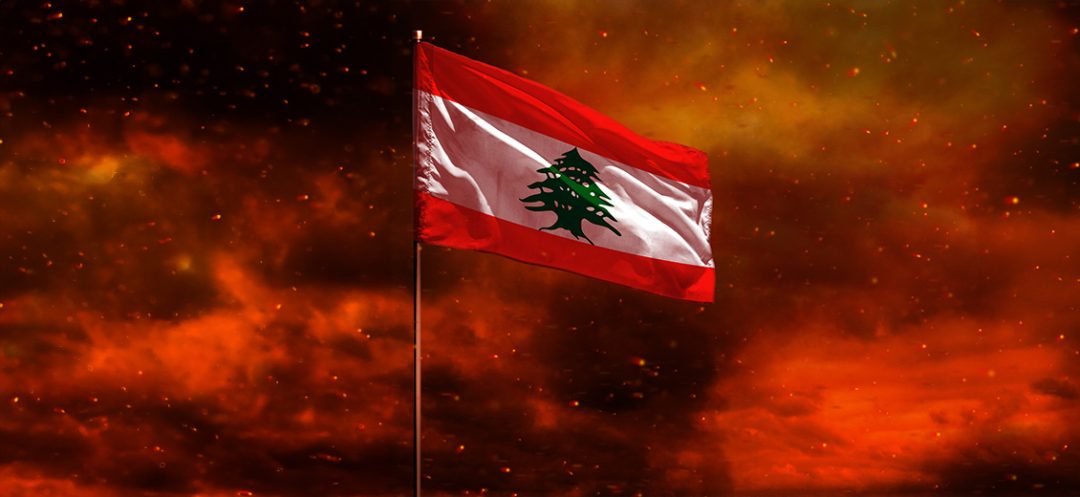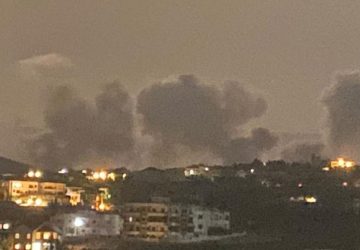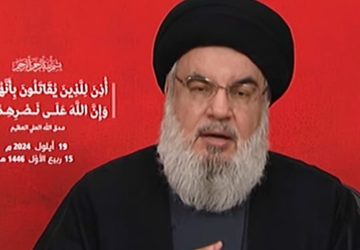Listen to the article
In times of war, the language of power dominates, with the growl of artillery filling conflict zones, leaving behind devastation and fear. Alongside physical confrontations, a non-lethal battle unfolds through “psychological propaganda”. This psychological warfare wields an influence as powerful as the violence of war, impacting both military forces and civilian populations.
“A War Itself”
“Psychological warfare is not just a precursor to war; it accompanies and extends well into the post-war period,” said journalist and political analyst Ali Hamade.
“In essence, it lays the groundwork by shaping the mindset of the population and public opinion, whether within the country or among the forces involved, as well as on the enemy’s side,” he explained during an interview with This is Beirut.
Hamade highlighted that during active conflict, psychological warfare plays a crucial role in spreading disinformation and instilling fear. It intensifies the war effort by magnifying the successes of one’s own troops while dramatizing the losses and the deteriorating condition of the enemy forces.
Moreover, he emphasized that psychological warfare continues after the physical battles have ended, targeting the morale of the adversary by underscoring their vulnerabilities and losses and influencing the interpretation of the post-war landscape.
“Psychological warfare is not merely a component of war—it is a war in itself,” Hamade affirmed.
“Effects and Objectives”
Retired General Maroun Hitti highlighted the severe impact of psychological warfare, stressing that in today’s context, it must be integrated with strategic communication. “The effects of psychological warfare can be devastating, particularly when deception is involved. However, these effects are limited; once the source is exposed and its credibility is questioned, the impact diminishes. Meanwhile, the adversary gains valuable time, which is often a primary objective of such tactics,” Hitti explained in an interview with This is Beirut.
He highlighted that one of the key aspects of psychological warfare is the delivery of a one-way message, often without an interlocutor, making the communication more powerful and difficult to counter. Hitti further noted that, given the conflicting objectives of the parties involved (Hezbollah and Israel in the case of the current prevailing situation), psychological warfare alone is unlikely to put an end to the conflict. “Currently, the objectives of Hezbollah and Israel are entirely incompatible. As a result, this psychological warfare, or the ‘psychological waiting game’ as Hezbollah’s Secretary General Hassan Nasrallah has called it, serves little purpose beyond rallying his own supporters, rather than affecting the Israelis,” General Hitti observed.
He went on to discuss how Nasrallah’s so-called psychological warfare has been met with a “psychological one-upmanship” from the opposing side. Hitti explained, “When an adversary becomes aware that their opponent is conducting a psychological operation, the impact of that operation diminishes, and it ceases to function effectively. However, if, for example, at 6:38 in the morning, the Israeli air force were to create a ‘sonic boom’ over Dahieh at low altitude, the surprise effect of such an event would have an impact comparable to psychological warfare.”
Hitti concluded by emphasizing the critical role that audio and visual elements play in modern warfare, much like in ancient times when warriors sought to inspire terror with fierce masks and synchronized chants.
Psychological warfare instilled intense fear and panic among residents, especially children, across Lebanon. Sonic booms echoed through Beirut, Metn, and the South as the looming threat of retaliatory strikes from Iran, its proxies, and Israel turned the situation into a nightmare.





